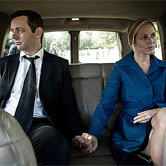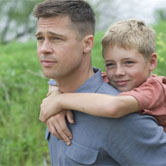Drama
Latest
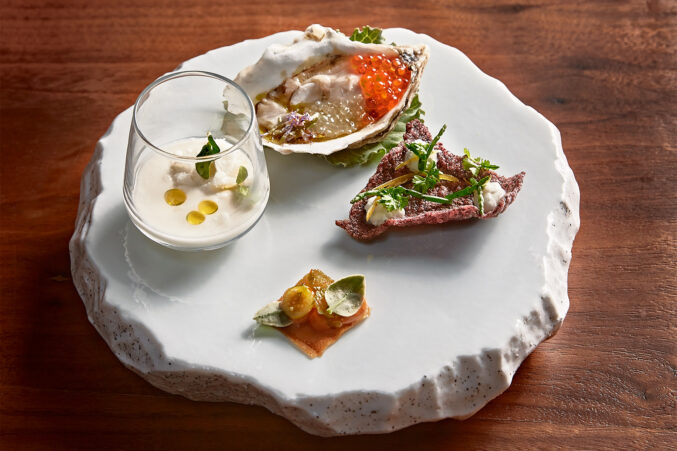
Restaurants & Bars
A Dallas Chef May Have Faked His Biography. But Will Diners Care?
A rising young chef is accused of fabricating the resume he used to attract public attention. But his fans think the meals justify the means.
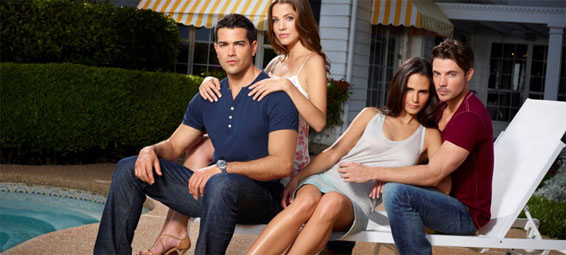
Television
Dallas Recap, Episode 8: “No Good Deed”
The Venezuelans get in the mix, as a murder mystery unfolds, a Ewing bleeds in the ICU, and Bobby tries to keep the family together. Can a little burning ice work it out?
By Terry Linwood
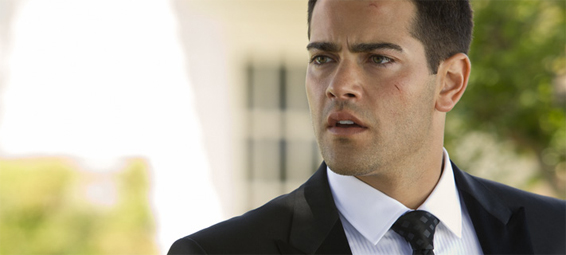
Television
Dallas Recap, Episode 7: “Collateral Damage”
Rebecca's pregnant, but who's the father? Bobby has a run in with the police, and there's a dead body outside a hotel. Just another day at Southfork.
By Terry Linwood
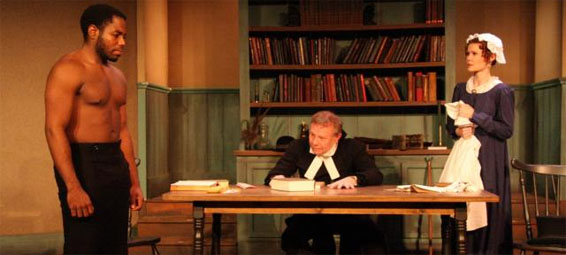
A
Theater Review: Christopher Dontrell Piper’s Absorbing Performance One of Free Man of Color‘s Many Strengths
Charles Smith’s play is a history lesson of a forgotten figure that is more like an inspirational education in humanity as a whole.
By M. Lance Lusk
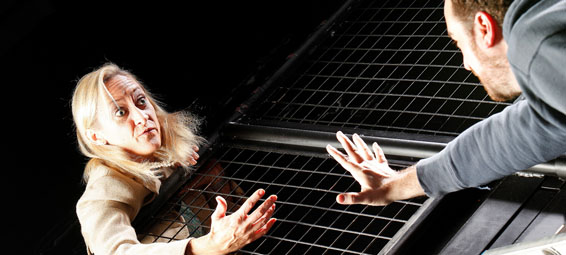
A
Theater Review: Sometimes Shaky, Kitchen Dog’s Collapse Applies Deft Hand to Trauma
In Allison Moore's new play, a bridge collapse prompts a disintegration of connections.
By M. Lance Lusk
Advertisement
Latest
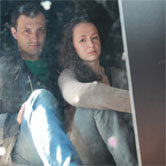
A
Theater Review: Dying City Looks For Life Among War’s Survivors
Actor Lee Trull's success in his directorial debut caps Second Thought Theatre's strong season.
By M. Lance Lusk
A
Actors Randy Moore, Stephen Walters Carry Dallas Theater Center’s Enjoyable Henry IV
The Dallas Theater Center’s production of Henry IV offers some great acting, effective staging, compelling action sequences, and a generous dollop of laughter, but its real accomplishment is just how ably the two plays that make up Shakespeare’s two-part history about the rise of Henry V have been distilled into a single work. Henry IV was the most popular of Shakespeare's plays during his own lifetime, so much so that the bard wrote a sequel to the initial work. The first play culminates with Henry IV’s son Hal (the future Henry V) killing the revolutionary leader (and Hal’s peer) Hotspur in battle. The second part sees Hal rising to the throne after the death of his father, and both plays are, in part, concerned with the unorthodox education of the future king. At the play’s opening, he is a philanderer and a drunk, abandoning the royal court for the taverns of London, where he indulges in a smattering of pleasures along with other wayward sons of rich nobleman, poor louts, and loose women. This setting also provides Shakespeare with his most lovable character: Sir John Falstaff.
By Peter Simek


